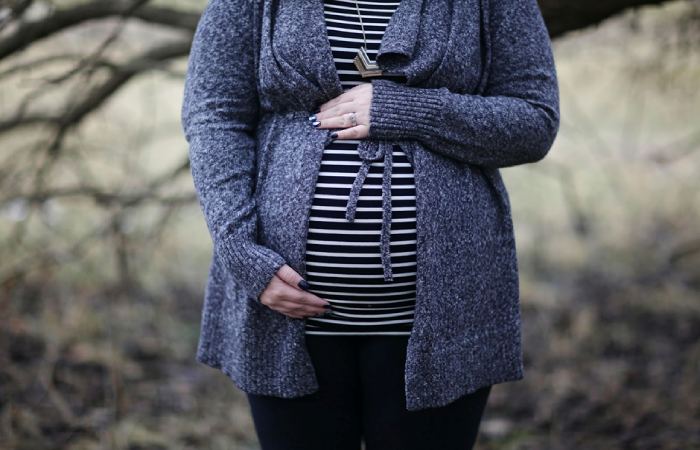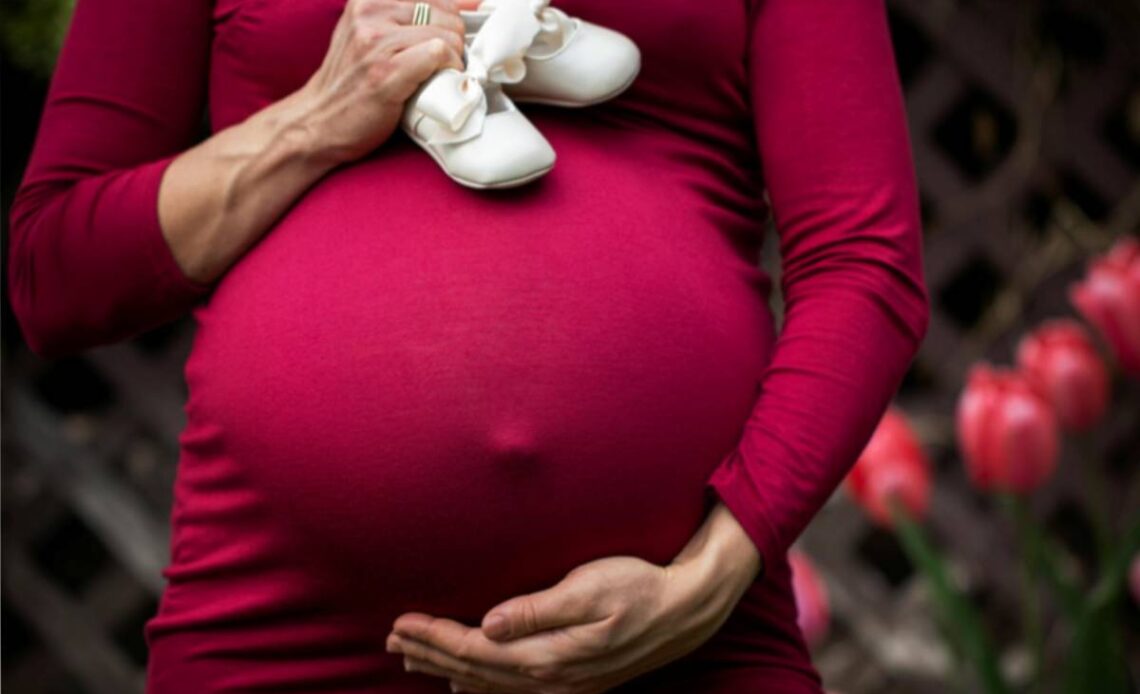In today’s evolving social landscape, the concept of family shifts to prioritize individual agency and choice. A prime example is the “single mom by choice” concept—an empowering trend where women independently seize control over their reproductive futures. Once deemed unconventional, this path now garners widespread acceptance as more women confidently embrace autonomy, choosing to build families on their own terms. In fact, it is believed that around 2.7 million American women are single moms by choice.
Delving into the key decisions shaping a woman’s path to single motherhood reveals a deeply personal journey that can be both empowering and overwhelming. These women must navigate a complex web of medical, emotional, and ethical considerations to select the right fertility treatment and choose a donor aligning with their vision for parenthood. The process provides a sense of control and purpose; it resonates with numerous women who steadfastly reject societal pressures dictating their lives.
Whether you’re considering this journey or seeking greater understanding, this guide illuminates the dynamic world of choosing single motherhood—a realm marked by courage and inspiration.
Donor Selection Process
Selecting a sperm donor constitutes a pivotal choice for single women embarking on motherhood; it profoundly affects conception and the child’s destiny. Choosing between an anonymous or known donor marks one of the initial choices in the donor selection process. Anonymous donors, often sourced from sperm banks, offer detailed profiles and preserve confidentiality. This route attracts many for its guarantee of privacy and reduction of potential personal complications down the line. Single women who opt for anonymous sperm donation should fully grasp the sperm donor process, including how sperm banks conduct rigorous medical and genetic screenings, to be able to make a swift decision.
A known donor, on the other hand, is a personal connection of the prospective mother. This choice can yield emotional benefits in terms of familiarity and transparency. Yet it may also bring complexities like potential disputes over parental roles or involvement in the child’s life. This dynamic requires clear communication and legal agreements to establish boundaries and expectations.
Ultimately, the choice between an anonymous and known donor hinges on one’s comfort level, preferences, and vision for their family structure. While anonymous donors promise a clean break from potential interpersonal challenges, known donors offer connection and continuity. Each path demands careful consideration of practicalities alongside emotional nuances.
Fertility Options for Single Women
In Vitro Fertilization (IVF)
In vitro fertilization demands a significant level of medical intervention and precision. Eggs are harvested from the woman’s ovaries and donor sperm fertilizes these in a lab setting. Then, to initiate pregnancy, clinicians implant one or more embryos directly into the uterus. IVF proves especially advantageous for women confronting fertility challenges, such as advanced maternal age or medical conditions impairing egg quality or ovulation.
When opting for IVF, women may choose to use their own eggs, donor eggs, or even previously frozen ones depending on personal circumstances. Furthermore, the availability of genetic testing for embryos permits screening for potential hereditary conditions prior to implantation. Peace of mind and a higher chance of successful pregnancy come with this level of control; yet, IVF presents its own set of challenges. The procedure can be physically demanding and emotionally draining, often coupled with significant financial costs.
Intrauterine Insemination (IUI)
Intrauterine insemination is a less invasive and more affordable fertility option than IVF. Donor sperm is carefully placed directly into the uterus during ovulation in this procedure, enhancing fertilization chances. Experts often recommend IUI for women with robust ovarian function and minimal fertility issues because it augments natural conception with slight medical intervention.
The simplicity of IUI stands as one of its primary benefits. The procedure, often completed within minutes at a doctor’s office, demands minimal recovery time. Moreover, it poses a less expensive alternative to IVF, rendering it an accessible option for women facing the financial challenges of single parenthood. However, IUI often necessitates several cycles for a successful pregnancy; this repetition can intensify emotional and financial stress over time.
Egg Freezing for Future Use
Single women, intent on ensuring future fertility, have embraced egg freezing as an innovative choice. It entails collecting a woman’s eggs and preserving them at the optimal quality. This enables her to postpone motherhood until the timing aligns with career goals, financial readiness or finding an ideal donor. “Pausing the clock” while young enhances prospects for later-in-life pregnancy success by safeguarding their bio-fertility against time’s toll.
Typically, women receive hormone injections to stimulate their ovaries. Professionals then perform a minimally invasive procedure—egg retrieval. Cryogenic preservation at a fertility clinic safeguards these eggs until the woman opts for utilization. At the chosen moment, thawed eggs undergo fertilization with donor sperm and are implanted through IVF. Egg freezing offers women empowering flexibility, allowing them to take control of their reproductive timeline.

Bottom Line
Single motherhood by choice emerges as a courageous and empowering decision. It challenges outdated societal expectations, redefines family-building norms, and—despite its daunting moments—is replete with opportunities for growth, self-discovery, and joy. Embarking on the journey of single parenthood demands significant emotional and psychological preparation; however, with a robust support network, adequate resources, and the correct mindset, thriving is entirely within reach. These women are not merely creating life but inspiring others as well by boldly redefining family on their own terms.


